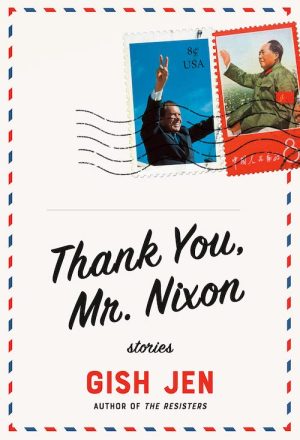 A novel comprised of linked short stories, which paints a picture of China’s past half-century
A novel comprised of linked short stories, which paints a picture of China’s past half-century
Beginning with a cheery letter penned by a Chinese girl in heaven to “poor Mr. Nixon” in hell, Gish Jen embarks on a fictional journey through U.S.-China relations, capturing the excitement of a world on the brink of tectonic change.
Opal Chen reunites with her Chinese sisters after forty years; newly cosmopolitan Lulu Koo wonders why Americans “like to walk around in the woods with the mosquitoes”; Hong Kong parents go to extreme lengths to reestablish contact with their “number-one daughter” in New York; and Betty Koo, brought up on “no politics, just make money,” finds she must reassess her mother’s philosophy.
With their profound compassion and equally profound humor, these eleven linked stories trace the intimate ways in which humans make and are made by history, capturing an extraordinary era in an extraordinary way. Delightful, provocative, and powerful, Thank You, Mr. Nixon furnishes yet more proof of Gish Jen’s eminent place among American storytellers.
An interesting and engaging novel, Thank You, Mr. Nixon contains 11 linked short stories that give us a glimpse of how China’s social, political and economic evolution since its “opening” affects those who experience it: Chinese, Honk Kongers, members of the wider Chinese diaspora, and others. I really enjoyed this. Continue reading
 An interesting and well-written history of the Wartime immigrant experience in Macau
An interesting and well-written history of the Wartime immigrant experience in Macau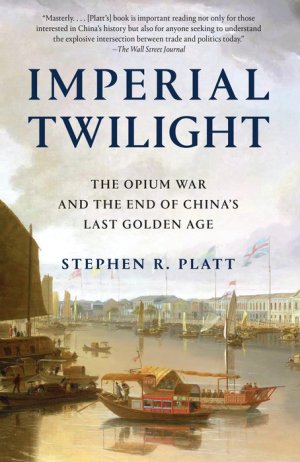 A fascinating re-examination of the causes and consequences of the Opium War
A fascinating re-examination of the causes and consequences of the Opium War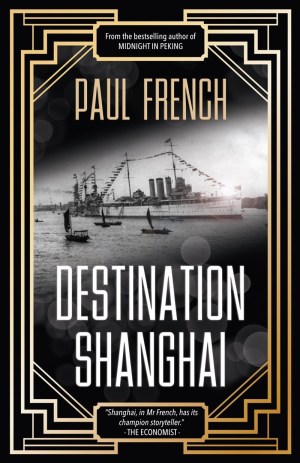 A fascinating collection of short biographies
A fascinating collection of short biographies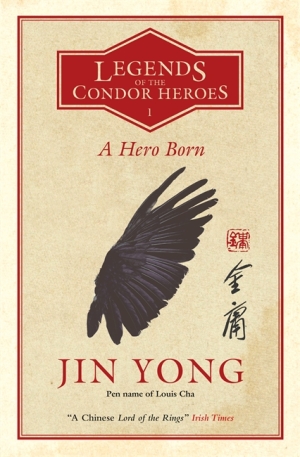 Today, we have an excerpt from
Today, we have an excerpt from 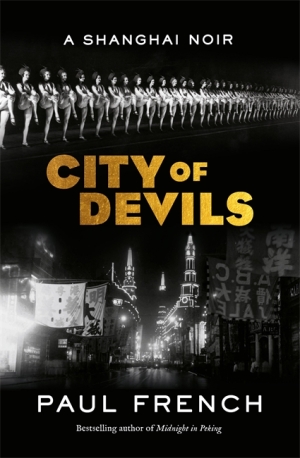 An intriguing glimpse into Shanghai’s pre-war underworld
An intriguing glimpse into Shanghai’s pre-war underworld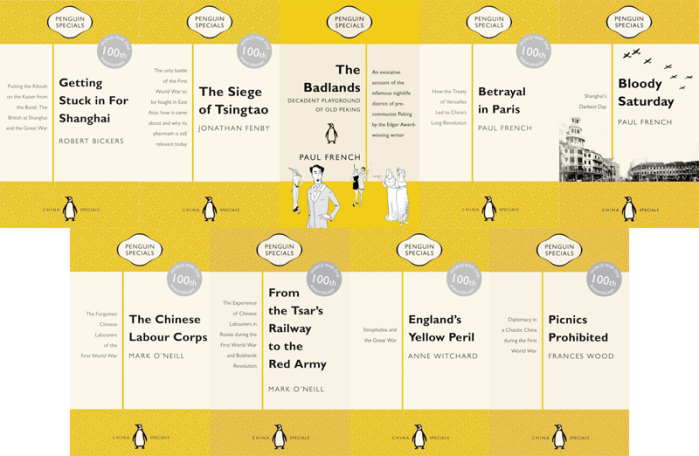
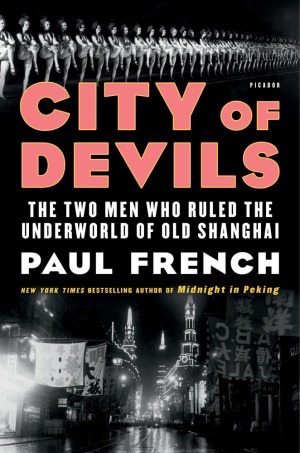 I’ve only recently started to read Paul French‘s books. I’ve been aware of his stuff for a long while, but this past Christmas I went on a Penguin China Special reading-binge, which meant I finally read two of French’s titles:
I’ve only recently started to read Paul French‘s books. I’ve been aware of his stuff for a long while, but this past Christmas I went on a Penguin China Special reading-binge, which meant I finally read two of French’s titles: 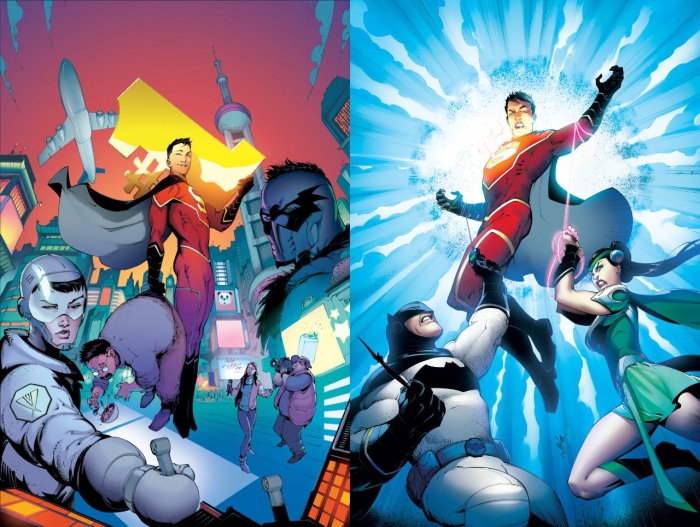
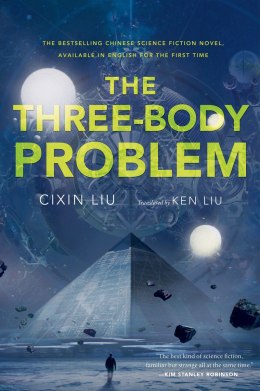 A satisfying start to a Hugo Award-winning Sci-Fi trilogy
A satisfying start to a Hugo Award-winning Sci-Fi trilogy